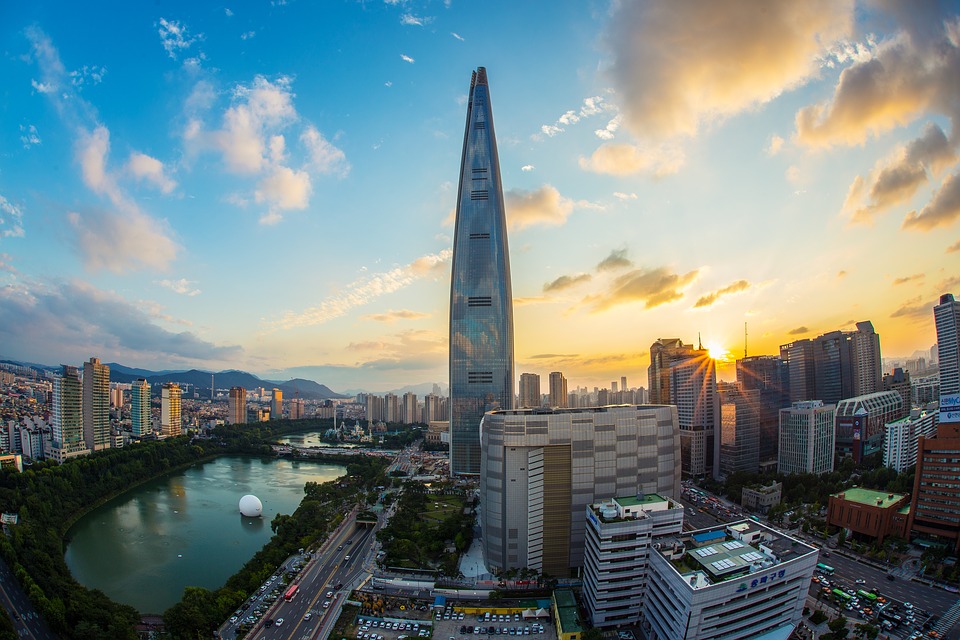In an environment that nears the end of the cycle, it is worth reducing exposure to equities, or at least that is what Admiral Gestion believes, according to Louis d’Arvieu, fund manager of the Sextant Grand Large, one of the entity’s most representative funds. In an interview with Funds Society, d’Arvieu confesses that, at this time, they prefer to invest in Asia rather than in the United States.
We are in the final part of the cycle … is it still a good time for equities? Should we increase exposure or reduce it at this time?
In the final part of the cycle it makes sense to reduce exposure compared to normal times as equities are very sensitive to any turn in the economic cycle. In our flexible fund Sextant Grand large, which is supposed to have a 50% exposure to equities on average we thus have only a 28% weighting currently.
How you value the new impulse of the central banks to the markets and his artificial extension of the cycle? Will it remain a favorable factor, for fixed income and equities?
We do not use nor do any macroeconomic scenario. For us the main point to consider for long-term performance is the valuation at the starting point. So we have not any strong views on central banks interventions.
And what are the main risks right now for equities? Is the next slowdown / recession? Are the geopolitical events and why?
For us the main risk right now for equities is high valuations, supported by narratives around sustainably record-low interest rates and thus sustainably record-high levels of debt, maximal central banks efficiency, and so on. Otherwise, equities are much more sensitive to recessions than to most of geopolitical events.
In this scenario, and despite the macroeconomic and geopolitical risks, how do you see the fundamentals of the companies in which you invest? are they sanitized? What growth and benefits are expected for the next twelve months?
We invest when valuations are cheap compared to the quality of the company. So there is a mix in our funds of high quality and recession-proof companies at reasonable prices, of mildly cyclical companies at cheap prices or of highly cyclical companies at deep value prices. We do not trust our or any 12-month forecast! But we spend much time forecasting what the earning power of a company would be on a mid-cycle 5-year + basis.
It is also a scenario in which the value seems not to give very good results, why? Will this situation change in the near future?
Value in the sense of deep-value and statistically cheap companies has not given very good results since the last GFC, but it had done uniquely well between 2000 and 2007. In the last 2 years, it is true that value in the larger meaning of fundamental investing, including some GARP ideas for instance, has also begun not to do well. The stock market performance has been increasingly polarized between expensive visible growth stocks which have recently become even more expensive and any kind of value stocks which have become even cheaper. Unfortunately I have no idea how long this can last and it can last for long as we saw in 1969 or 1999… But reversals come and are brutal.
Is it easier or harder to find value opportunities than in the past, due to the artificial prices created by central banks?
In that environment, it is easier to find value opportunities but the trick is that you have to be patient as it might still underperform for some more time! But if you look at cyclical sectors, at small caps, at Asian and European stocks, you will find a lot of value opportunities.
You have a French equity portfolio… which are the sectors where you see more opportunities? and because? Are you afraid of France’s macroeconomic data or not?
We do pure stockpicking and a very diverse portfolio of companies in terms of sectors in France, from Groupe Guillin which is the european leader in packaging for the food industry to Jacquet Metals in steel distribution or Groupe Crit in temporary staffing. We´re not negative with the macroeconomic data in France´s economy but our approach to investing is pure bottom-up so we don´t get influenced by macro in terms of portfolio construction, although we will avoid companies with too much debt when the macro picture deteriorates.
In international equities, in what areas or sectors are you now finding better options, for the fundamentals of companies?
Internationally, we find many opportunities in Japan, South Korea and Hong Kong, especially on the small cap segment, which we believe is more inefficient. We also work increasingly on cyclical sectors like commodities and banks. The most contrarian view we have is our underweight of US equities. We follow closely Shiller´s PE and valuations are close to 100% higher than the historical average, so a reversion to the mean seems reasonable. Thanks to our geographical flexibility, we prefer to invest in Asia rather than the US.



